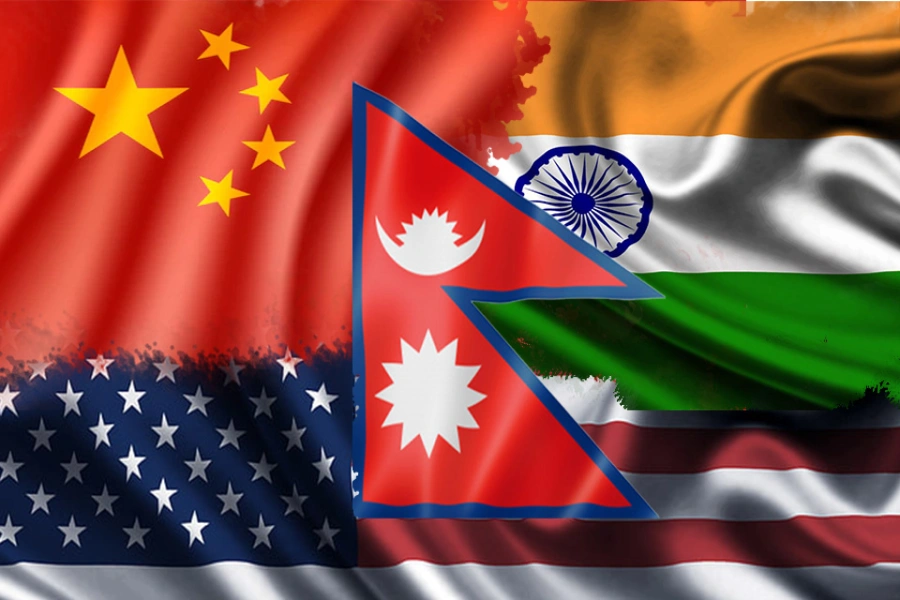KATHMANDU, July 3: Although the party had influence across the country, the then underground CPN Maoist (now CPN (Maoist Center)) maintained its stronghold largely in the rural areas during the decade-long armed conflict beginning 1996.
If the early results of the ongoing vote count of the local polls are anything to go by, the Maoist Center is once again likely to be confined to the country's rural areas, a major setback to the party which had won most constituencies in urban districts like Kathmandu and Lalitpur in the first Constituent Assembly (CA) election in 2008.
The Maoist Center, which has stood as a distant third party in the local election in terms of number of victories in the posts of local unit chief, has so far bagged victories in 29 municipalities in the second phase of local polls. Although victory in the race for mayors and deputy mayors in municipalities based in a few district headquarters have given some consolation to the party, these do not include even a single unit from the so-called urban centers.
The second phase local polls were held in a total of 334 local units in Province 1, 5 and 7. The Maoist Center has bagged victory in the elections for the posts of chiefs of rural municipalities in various districts including Rolpa, Rukum, Baitadi, Gulmi, Okhaldhunga, Udaypur, Solukhumbu, Khotang, Bhojpur, Panchthar, Darchula, Kanchanpur, Doti, Dadeldhura, Accham, Nawalparasi and Dang in the second phase of local polls.
Maoist Center’s Lumbini PP meeting to discuss exiting from govt

As the vote counting continues on the third consecutive day across provinces 1, 5 and 7, CPN-UML and NC have secured victories in 96 and 84 local units, respectively. The UML and NC have maintained lead in 43 local units each, while the Maoist Center is leading only in nine rural municipalities.
Sociologist Suresh Dhakal argues that the Maoist Center failed to perform well in the urban areas as the party has not yet been able to a base strong enough to win election in the urban areas. "Those representing the Maoist Center in the urban areas are either businesspersons or leftist intellectuals. They have largely failed to reach the people, whom Maoist Center supposedly represents," he said.
Another reason behind the Maoists' failure to do well in the urban areas is politics bereft of ideology in Nepal. "Our politics is not based on ideology. People go for the parties that they think will make to the power for service delivery to their locality," Dhakal further said.
In the first phase, local polls were held in 283 units in Province 3, 4 and 6. The Maoists had bagged victory in 46 local units, mostly in the rural areas. The UML and NC secured victories in 124 and 104 local units, respectively.
The local poll results of Maoist Center are in stark contrast to its victories in seven out of the 10 constituencies in Kathmandu district and all three constituencies in Lalitpur district during the first CA election in 2008, barely two years after the party joined mainstream politics following the decade-long armed insurgency. Likewise, the Maoist Center had won in most electoral constituencies in Kaski and Chitwan which are considered urban districts like the districts in the Kathmandu Valley, in 2008.
Political experts suggest that the Maoists faced defeat in city areas as their activities over the years failed to impress urban dwellers, who had initially given them the benefit of the doubt. The party has already shown that it is no different than any other older parties like NC and the UML since it joined the mainstream politics in 2006.



































